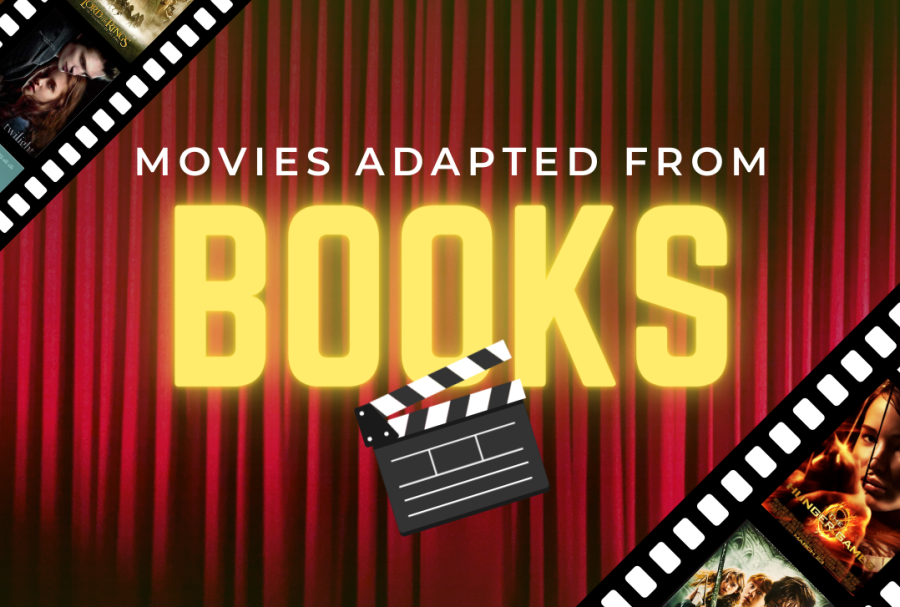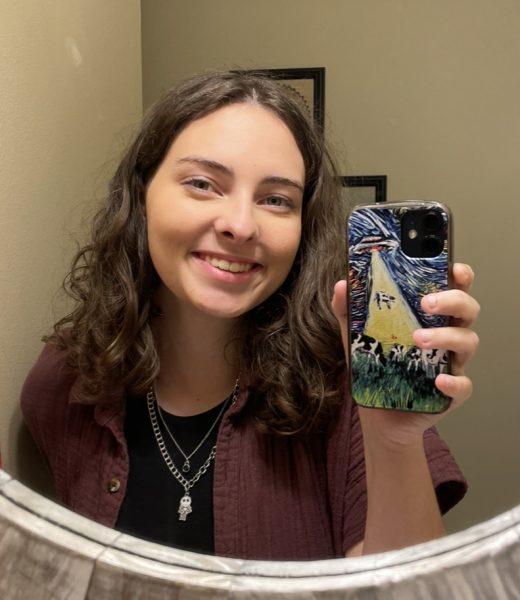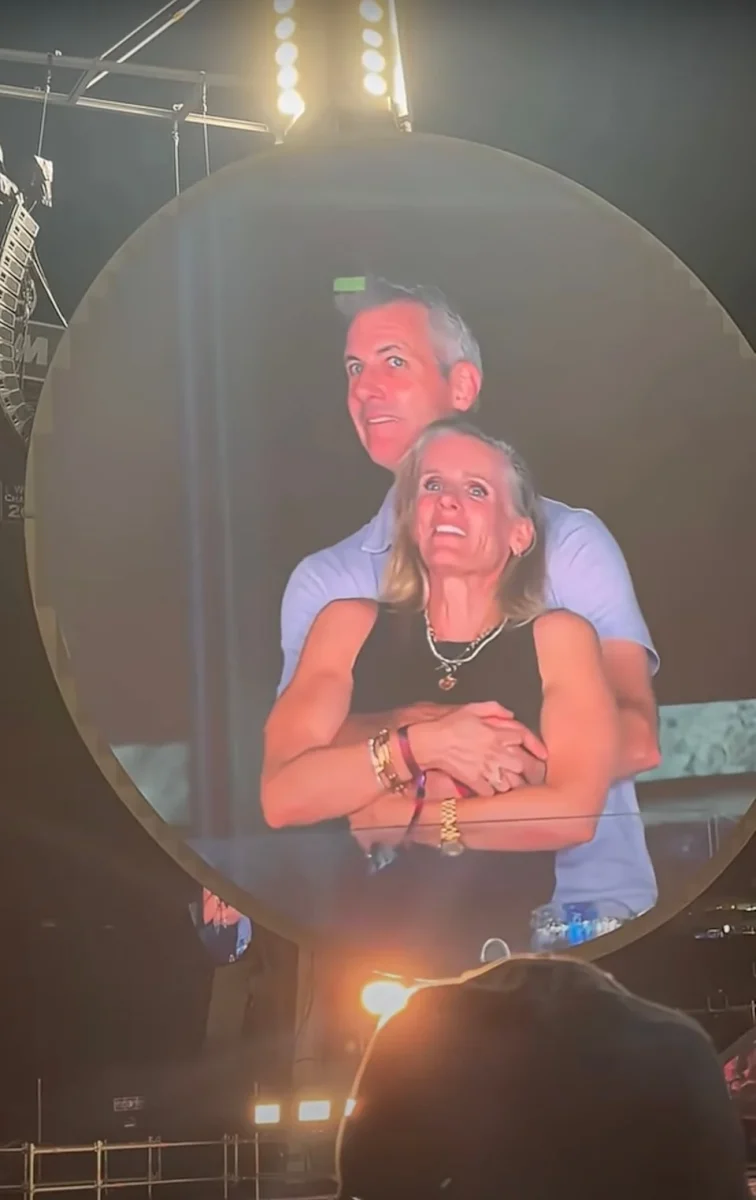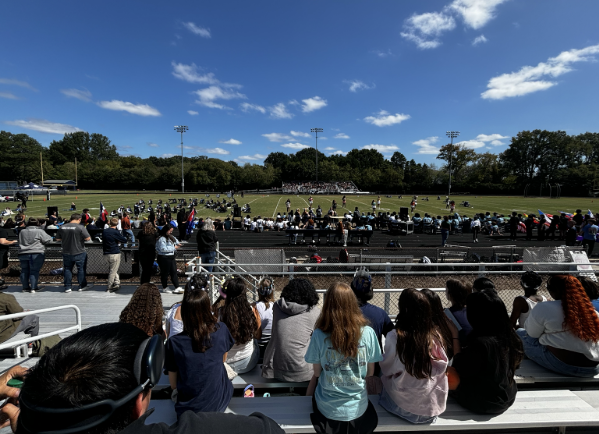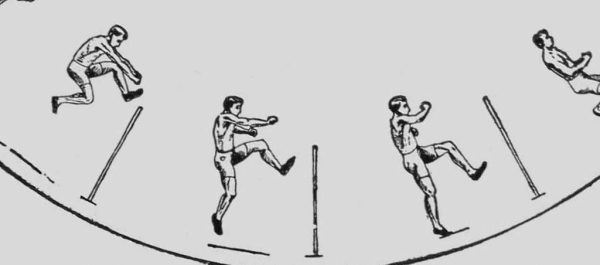Unravel the Pages: Are Movies Adaptations from Books Ruining the Film Industry?
Some of the most popular movie franchises of all time are adapted from novels. Well-loved series and unknown books alike have been transferred onto the big screen for all kinds of audience members to enjoy.
March 13, 2023
Books have been adapted into film since the first movie camera was invented. That’s not an exaggeration, the first adaptation of a book was a 45-second depiction of a scene from Trilby and Little Billee in 1896. Since then, the movie industry has relied heavily on the stories of novels to write scripts, with some of the most popular movies of all times being adaptations. But is this a cheap tactic that undermines original stories in favor of something more marketable?
Readers often complain about movie adaptations, especially when they aren’t accurate to the original source material. Junior Sarah Novak commented, “…some movies are really good, but some are just so bad that they make me never want to watch a movie again.” An example that most readers will roll their eyes at is the 2010 movie, “Percy Jackson & The Lightning Thief,” based on the book of the same name. By itself, reviewers say that it’s a fine and entertaining movie, but compared to the series, the plot points of the movie are bland and even hard to watch at times. This is the first problem with movie adaptations, that original stories are butchered by writers with different styles and ideas. Sometimes change can be a good thing, but other times it takes away from the message of the plot. Something about reading a story makes it special, but as every “Twilight” fan will tell you, the magic of a book doesn’t always translate well to the big screen.
In a time where every other movie is a sequel or a spinoff, movie adaptations can be frustrating because they are yet another unoriginal story. However, the truth is that nothing is 100% original. Interviews with directors and screenwriters will tell you that they are inspired by books, folktales, people, real-life events, or even other movies. “The Glass Onion,” a popular film from last year, draws from Agatha Christie’s character Hercule Poirot as inspiration for its leading detective. The “Avatar” franchise is heavily inspired by novels “Midworld” and “Noon Universe,” and even gave the name “Pandora” for the movie’s setting.
It’s clear that books influence the movie industry more than straight adaptations, and maybe that’s not a bad thing. Staff member at North Regional public library, Ms. Sarah M. said, “It’s kind of fun seeing a movie and being like ‘oh I remember that book.’ And there are people who would know that story because they just don’t read.” A perfect example of this is “The Hunger Games,” a solid movie adaptation that captures the message of the book series without watering it down. This story delivers a powerful critique of modern society, and adapting the movie allowed non-readers to experience that story when otherwise, they wouldn’t have.
Movie adaptations have had massive effects on the film industry, creating whole new franchises and movie series. At the end of the day, they are a case-by-case basis. No two movies are alike, no two books are the same, and movie adaptations aren’t stopping anytime soon.


